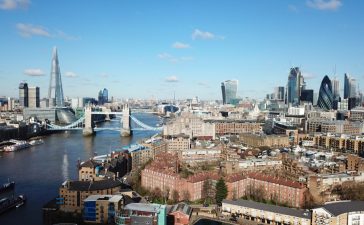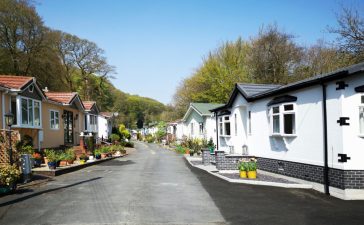Over the past 18 months Australian property prices have scaled to astronomical heights, propelled by rock-bottom interest rates and government stimulus during lockdowns
The average Australian first time buyer (FTB) is locked out of approximately 70% of the country’s property market, according to a new government report, as the country’s leaders reckon with solutions to solve the housing crisis.
According to a report released on Friday from the National Housing Finance and Investment Corp (NHFIC), property ownership will also experience a demographic shift in coming years toward single-person and couple-only households.
The ‘State of the Nation’s Housing 2021–22’ report found the average first-home buyer now needs to save for an extra year to meet the 20% deposit average of around $130,000.
First-home buyers now need nine years to save a deposit compared to four years in the 1990s.
The report also said first home buyers can now only afford 30% of the homes on the market, down from 40% last year.
Sydney and Hobart remain the most unaffordable cities for first home buyers, with the bottom 60% of income earners able to afford less than 10% of available properties in the market.
In Melbourne the opportunities are slightly better with the bottom 60% of first home buyers able to afford 25% of the city’s property stock.
Over the past 18 months Australian property prices have scaled to astronomical heights, propelled by rock-bottom interest rates and government stimulus during lockdowns.
By the end of 2021 the total value of Australia’s inflated property market surpassed $9 trillion, according to the Australian Bureau of Statistics (ABS), with the median house price in Sydney reaching $1.4 million earlier this year.
In response to affordability concerns the government launched an inquiry into housing affordability and supply in July — expected to publish a final report next month — with the goal of investigating how Australian tax, regulation and housing supply have impacted pricing.
Speaking before the parliamentary committee in November, the RBA conceded the most realistic way for many Australians to enter the housing market may be through their parents, and accepted rock-bottom interest rates had contributed to the inflation of housing prices.
But RBA Governor Philip Lowe’s most recent comments suggest August 2022 would now be the most plausible earliest point the central bank could lift the 0.1% cash rate, as it seeks to reach 3% unemployment and balance inflation concerns.






